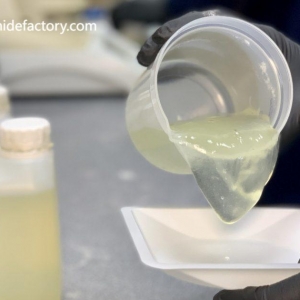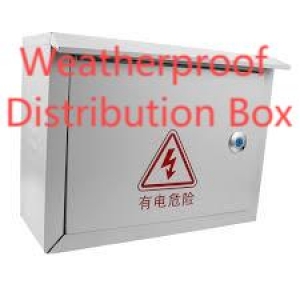In today’s world of environmentally conscious choices, the smallest changes can make a big impact. One such change is swapping out traditional paper towels for bamboo kitchen towels. While both are staples in kitchens around the globe, they differ significantly in terms of sustainability, durability, and cost-effectiveness. Understanding the differences between bamboo kitchen towels and regular kitchen paper towels, can help consumers make smarter, greener decisions.

What Are Bamboo Kitchen Towels?
Bamboo kitchen towels are made from the fast-growing bamboo plant, known for its strength and sustainability. These towels are designed to be washed and reused many times, offering a longer life cycle than traditional single-use paper towels. Most bamboo towels are soft, highly absorbent, and biodegradable, making them a popular eco-friendly alternative.

How Do Regular Kitchen Paper Towels Compare?
Regular paper towels are typically made from wood pulp, either virgin or recycled. They are designed for single use and then discarded. While they offer convenience and immediate absorption, they also contribute heavily to household waste and require frequent repurchasing.
Sustainability
One of the biggest advantages of bamboo towels lies in their environmental impact. Bamboo grows rapidly without pesticides, making it one of the most renewable resources available. Because bamboo towels are reusable, they significantly reduce the volume of waste produced in a home.
In contrast, regular paper towels lead to deforestation and high water usage in production. Their single-use nature means that households go through roll after roll, contributing to large-scale waste.
Durability and Absorbency
Bamboo tissue papers are known for their durability. A single sheet can often be rinsed and reused dozens of times. Their absorbency is usually higher than that of regular paper towels, making them effective for cleaning up larger spills or more stubborn messes.
Traditional paper towels, while absorbent, tend to break down when saturated and must be replaced frequently during heavy cleaning tasks. They’re convenient, but not designed for reuse.
Cost Over Time
While bamboo towels tend to be more expensive upfront, they offer better long-term value. One roll of bamboo towels can often replace dozens of rolls of conventional paper towels, saving money over time.
On the other hand, regular paper towels may be cheaper to buy in the moment, but the cost adds up with constant repurchasing—especially in busy households.
Health and Safety
Bamboo towels are often made with fewer chemicals and dyes, reducing the potential for skin irritation. They’re naturally hypoallergenic and antimicrobial, which can be a bonus in the kitchen environment.
Regular paper towels may contain bleach, dyes, or other chemical additives used during the manufacturing process. While safe for general use, they may not be the best choice for those with sensitivities or for applications involving food contact.

Final Words
Bamboo kitchen towels offer a reusable, sustainable, and high-performing alternative to regular paper towels. For those aiming to reduce household waste and environmental impact, bamboo towels make a compelling case.
Regular kitchen paper towels remain a convenient, readily available option, but they come at the cost of higher long-term expense and ecological footprint. If you’re looking for a smarter, greener solution for your kitchen, bamboo towels are worth the switch.






